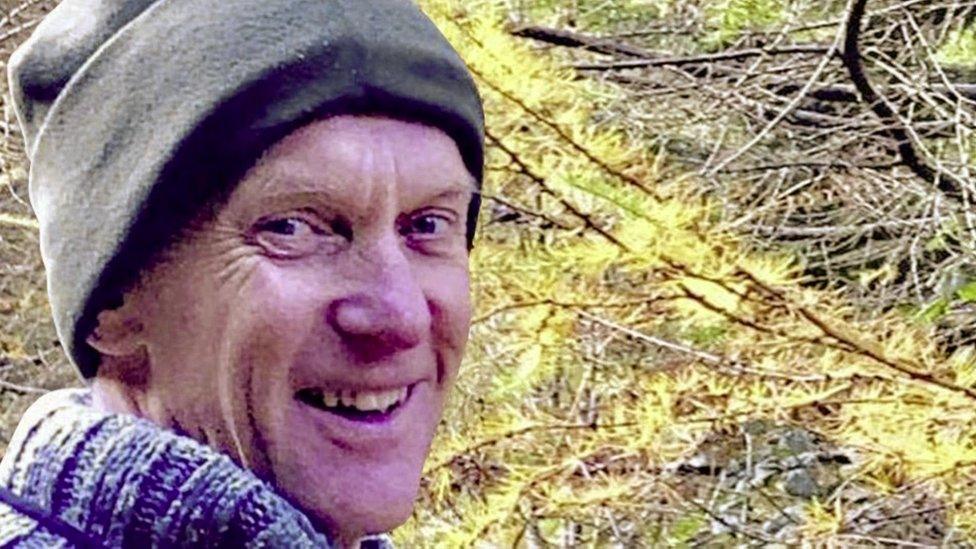Dr Michael Watt: Medical council will not challenge tribunal move
- Published

Dr Michael Watt's work, and its oversight, is the subject of three ongoing inquiries
The General Medical Council has "reluctantly" decided not to challenge a tribunal's decision allowing Dr Michael Watt to be voluntarily erased from the medical register.
The former Belfast Trust neurologist was removed from the register in October and can no longer practise medicine in the UK.
His work, and its oversight, is the subject of three ongoing inquiries.
The GMC said its decision was made "reluctantly".
Council members said they had been "extremely disappointed" that the application for voluntary erasure had been allowed by the Medical Practitioners Tribunal.
They "felt it was in the public interest for the allegations to be heard by the tribunal in an open and transparent way."
A GMC spokesperson said the GMC does not have the power to appeal against decisions by a Medical Practitioners Tribunal to grant an application for voluntary erasure.
The GMC considered challenging this decision through a judicial review and took legal advice.
"Having done this, we have reluctantly concluded that there is no realistic prospect that we could bring a successful challenge against this decision," the spokesperson said.
"To succeed in such a challenge, we would need to be able to demonstrate not only that this specific tribunal should have reached a different conclusion, but that no tribunal could reasonably have reached the same conclusion based on the evidence it had before it. That is a very high threshold and we are advised that it is not met in this case."
The spokesperson said the GMC appreciated that patients would be very disappointed.
The GMC has written to patients of Dr Watt to inform them of the decision and has offered to meet patients to explain and answer any of their questions.
Concerns over Dr Watt's clinical practice prompted the biggest ever patient recall in Northern Ireland.
The MPTS hearing happened in private.
MPTS hearings are normally held in public - except where the circumstances of the case are viewed to outweigh the public interest or where details of a doctor's health are being considered.
The MPTS makes independent decisions about cases referred by the General Medical Council (GMC).
Related topics
- Published5 October 2021

- Published20 April 2021
